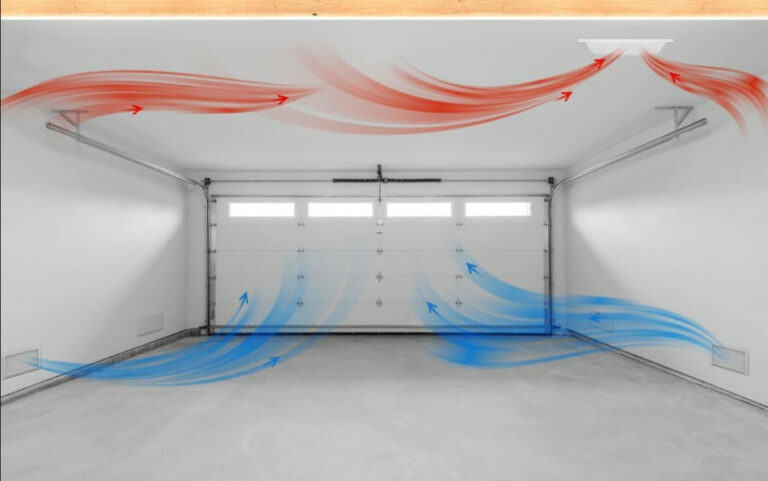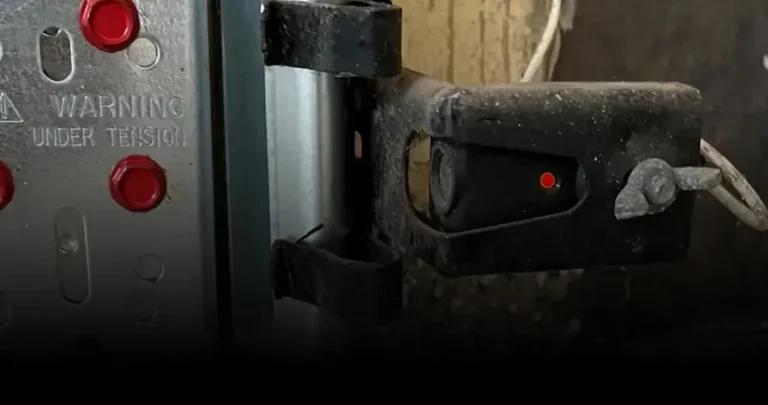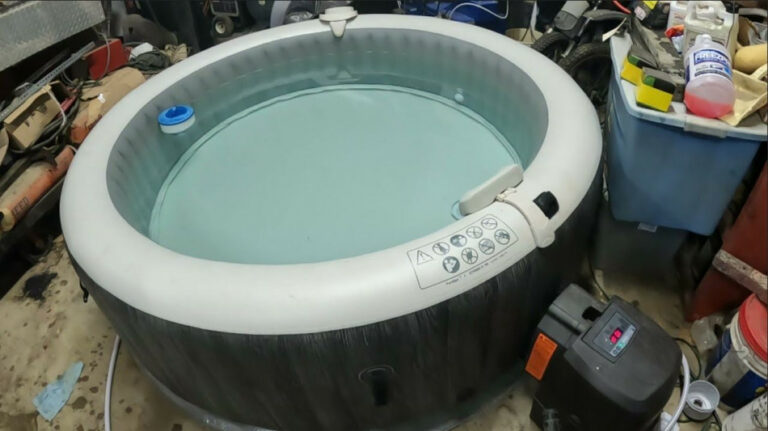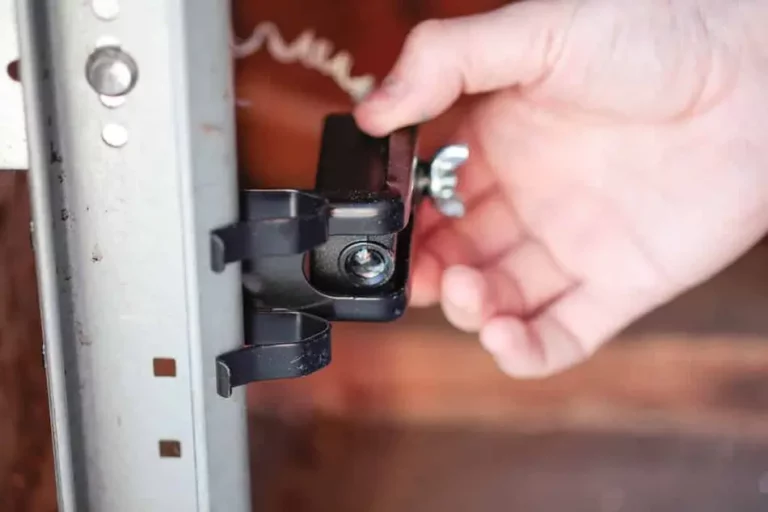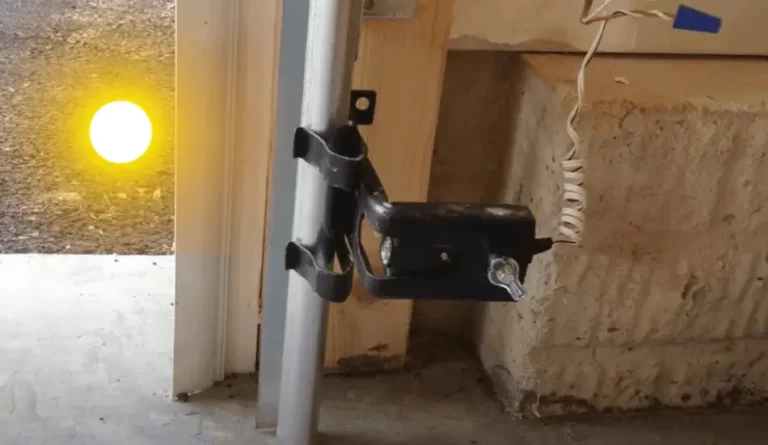How Long Do Garage Door Opener Sensors Last?
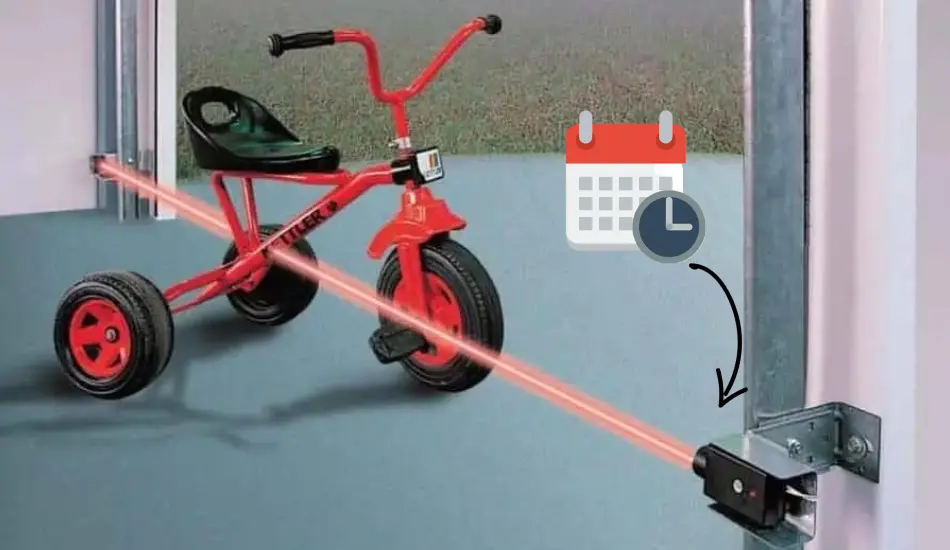
Many homeowners continue to use their existing garage door system for a very long time, often spanning several years or even decades. The need to replace old sensors with new ones usually doesn’t cross our minds as long as the garage door sensors work normally.
However, like all things, garage door sensors also have their lifespan, and it’s important to know when they might need replacing. While issues with other things are generally noticeable right away, problems with garage door opener sensors can be less obvious. In this article, we’ll talk about how long garage sensors last. So, let’s start!
How Long Do Garage Door Opener Sensors Last? Garage door opener sensors typically have a lifespan of about 10 years. However, this can vary depending on factors such as usage frequency, sensor model, maintenance, and environmental conditions. Regular care and proper installation can help maximize their garage sensors’ longevity.
Garage door sensors play a key role in ensuring the safety and functionality of our garage door, automatically reversing the door if an obstruction is detected. However, these devices also have a lifespan, and replacing them every 10 years is recommended. When you notice that the sensors start reporting a problem, then it’s time for new ones.
Related Article: Why Is My Garage Door Sensor Blinking?
Table of Contents
Factors That Contribute To Garage Sensors Lifespan
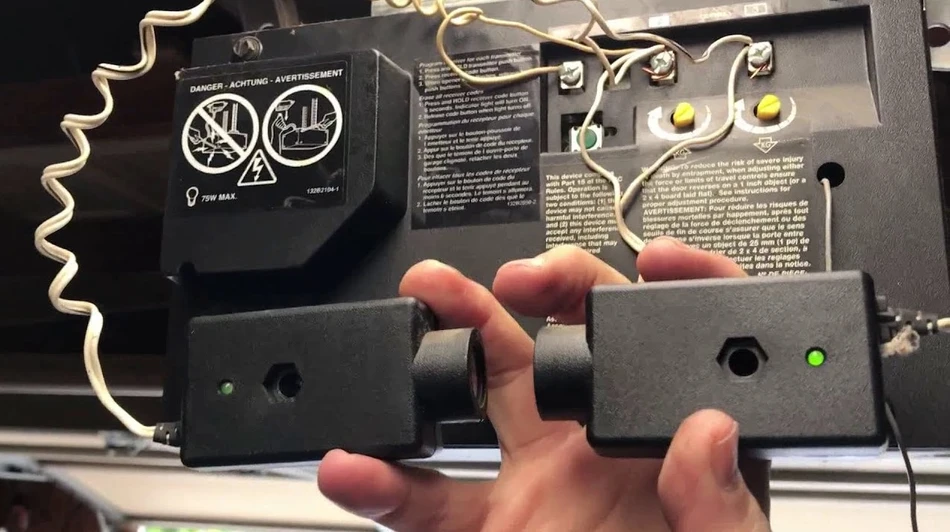
Several key factors influence the lifespan of garage door opener sensors. First and foremost, the quality of installation plays a significant role, as improper alignment or setup can lead to premature wear and tear. Regular maintenance and cleaning are also crucial, as dirt and debris can obstruct the sensors, reducing their efficiency and lifespan.
Here are the main things that affect how long garage door sensors last:
- Quality of Manufacturing
- Environmental Conditions
- Frequency of Use
- Maintenance and Care
- Physical Impact and Damage
- Electrical Surges
Note! It is recommended to replace garage door sensors every 10 years.
To better understand when it would be good to replace old sensors with new ones, it is first necessary to understand how they work. In the next section, we’ll explain this process in more detail.
Related Article: How to Clean Garage Door Opener Sensors?
How Do Garage Door Sensors Work?
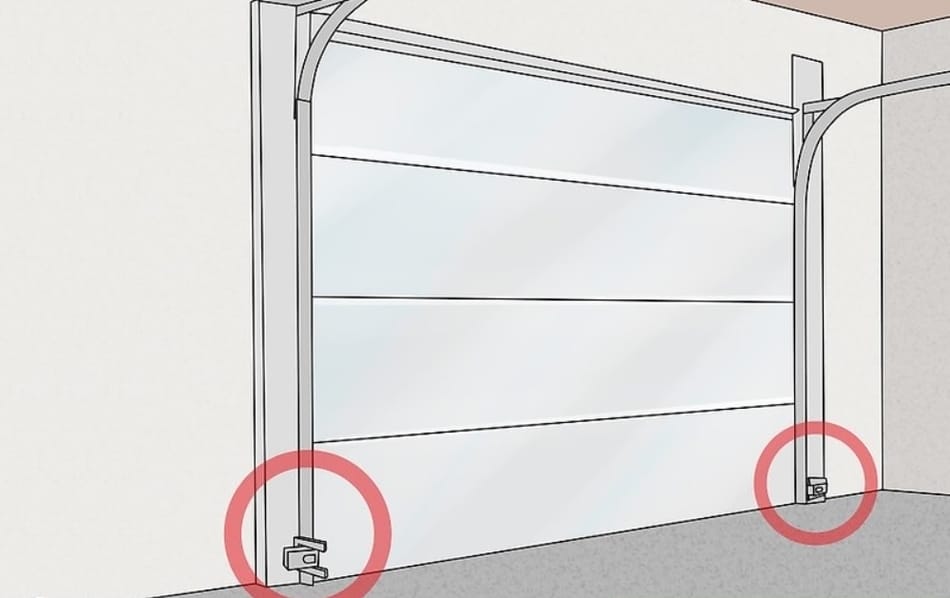
Garage door safety sensors are equipped with a feature known as the photo-eye. Positioned on either side of your garage door, usually no higher than six inches from the ground, these infrared sensors form an invisible barrier.
This barrier is designed to detect any obstruction in the path of the closing garage door. When an obstruction is detected, these sensors trigger the garage door to stop closing and reverse its direction, ensuring safety.
Given their vital role in preventing accidents, it’s clear why safety sensors are an essential part of your garage door mechanism. Prompt attention and regular maintenance are advised whenever you notice any malfunctioning in these sensors to maintain the safety and functionality of garage doors.
Related Article: How To Install Garage Door Opener Sensors?
How to Check If Your Garage Door Safety Sensors Work
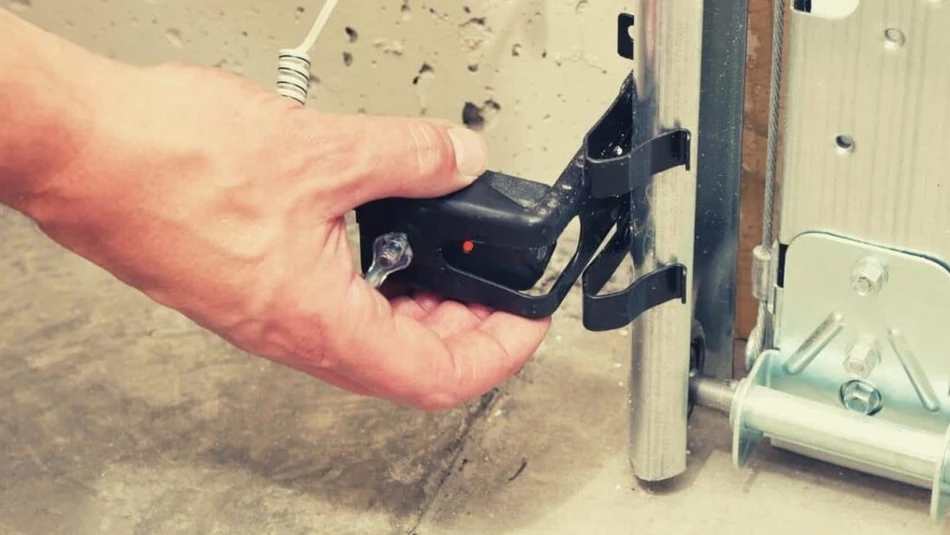
Here’s a straightforward method to check garage door sensors are working properly:
- Start by opening your garage door. Place an object, like a box, in the path of the safety sensors, positioned midway through the doorway and tall enough to obstruct the sensors’ line of sight.
- Close the garage door using the control button. A functioning sensor system will cause the door to stop and reverse its motion immediately.
- If the door continues to go down and crushes the box, there’s an issue with the sensors. Check your sensors. Is there a flashing light on one? Blinking light usually indicates misalignment. Tighten the nearby screw to realign it properly. If a sensor appears bent out of shape, gently reposition it to its original stance. After making these adjustments, open the garage door again.
- Test the door once more with a different box in the sensor path. Should the door still close, it’s time to clean the sensors. Use a soft cloth to gently remove any dirt or debris affecting their performance. Open the garage door again.
- Place another box between the sensors and try closing the door once more. If it still closes, inspect the surroundings for any obstructions like small toys or storage items that could be blocking the sensors’ beam. Also, check for signs of water exposure, such as from rain, which could impact the sensors’ effectiveness.
Should the door continue to close after these checks, your sensors are likely not working properly and need replacement.
How To Replace Broken Garage Door Sensors?
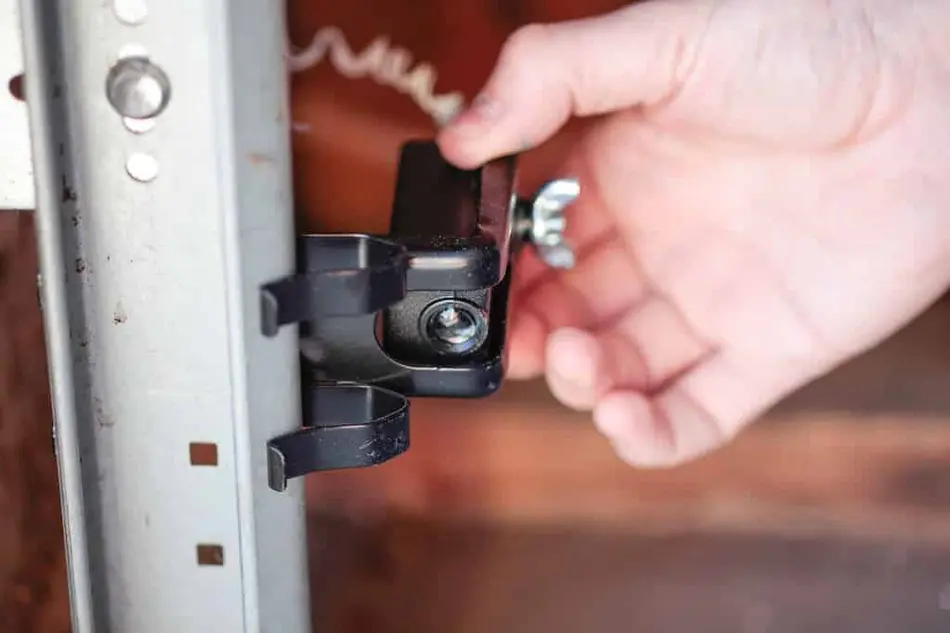
When your garage door sensors remain unfunctional despite various troubleshooting efforts, calling a professional is recommended. The technician may suggest sensor replacement due to several potential issues, including wiring problems or the sensors’ age.
Often made from plastic, these sensors can become fragile, especially in colder climates, and may break easily upon impact. The replacement process entails dealing with electrical components requiring specific skills and knowledge. If you’re not confident in handling such tasks, enlisting a skilled garage door repair expert is safer.
Related Article: Garage Door Opener Sensor Wiring Diagram
FAQ: People Also Ask
How do I know if my garage door sensors need replacing?
Try to close the door using the remote control. If the garage sensor works properly, the door will stop closing and return to the open position. However, if the door continues to close and impacts an object without stopping, this indicates that the sensors are not working correctly and may need replacement.
What causes garage door sensors to fail?
LiftMaster identifies that problems with safety sensor wiring often arise due to various factors. These include connections that are not properly secured, wires that are connected incorrectly, or a short circuit in the wire, which might happen due to a staple.
What is the average lifespan of a garage door opener?
It’s important to note that a garage door opener often has a shorter lifespan than the garage door itself. On average, a garage door opener can last between 10 and 15 years. Similar to your garage door, several factors play a role in determining how long your garage door opener will last.
Final Thoughts
In conclusion, garage door opener sensors generally offer a reliable service life of about 10 years, though this can vary based on usage, maintenance, and environmental conditions. Regular inspections and cleaning can extend their lifespan, ensuring they function efficiently. It’s important to remember that weather exposure and physical impacts can shorten their life expectancy.
Ultimately, staying attentive to the signs of wear and timely replacements can help maintain the safety and functionality of your garage door system. I hope this article has helped you, and if you have any other questions, feel free to comment below.


